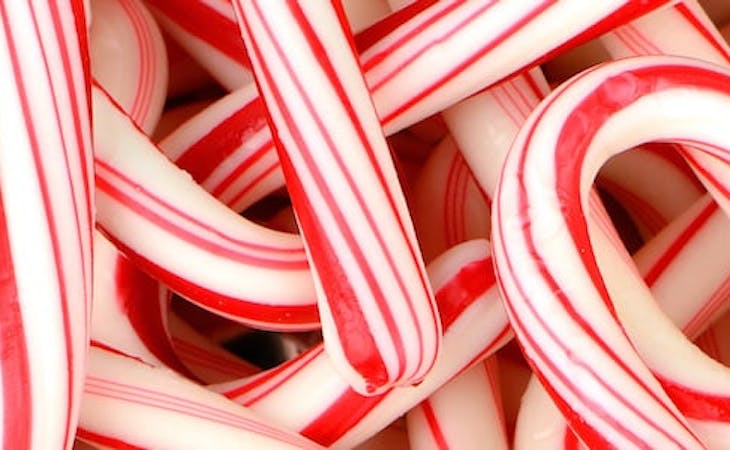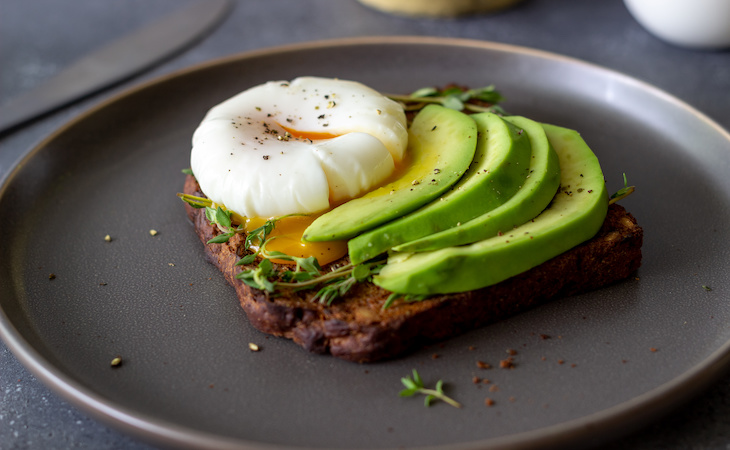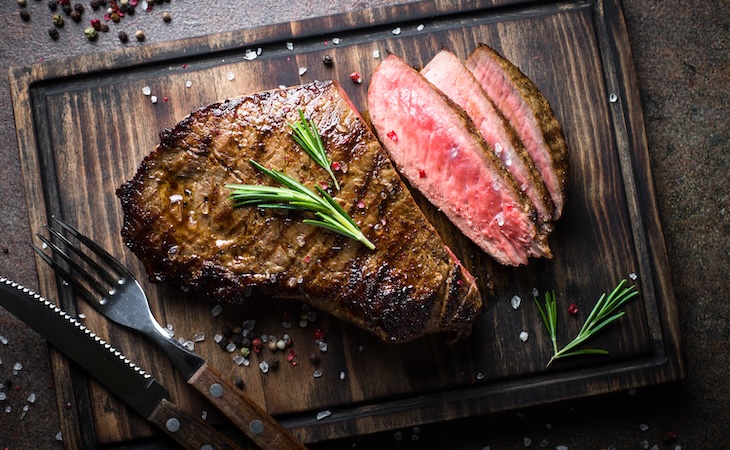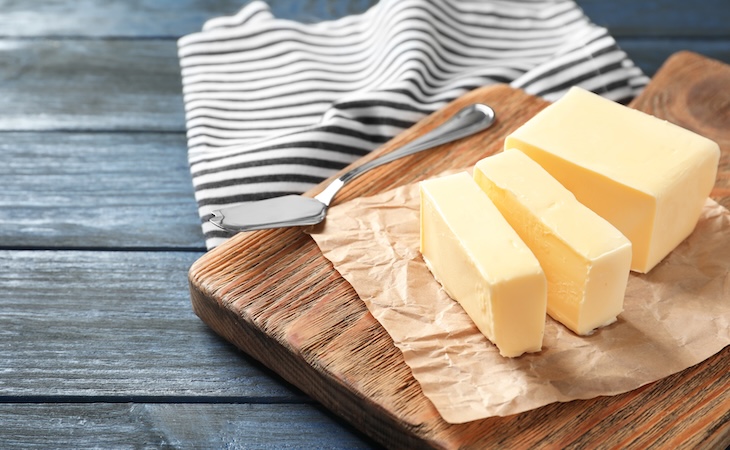It’s the most wonderful time of the year! For desserts, that is. The month of December tends to be a seemingly non-stop festival of candy canes, sugar cookies, and gingerbread.
We hate to be the bearers of bad news, but it turns out all that sugar you consume during the holiday season could impact your sleep—and not in a good way. Studies link sugar consumption with short, disrupted sleep.
There is a silver lining, though: You can still enjoy traditional holiday desserts without totally wrecking your sleep.
Here, we’re sharing which holiday desserts are the most and least likely to ruin your sleep—and how to enjoy all those yummy sweet treats without nixing your ability to get shut-eye.
Which holiday desserts are the worst for your sleep?
In the world of holiday desserts (and it’s a big, big world with all the options out there), there are some treats you should avoid close to bedtime in the interest of achieving a good night’s sleep.
“You should definitely avoid any foods that contain caffeine,” says Sarah Garone, registered nutrition and dietetic technician. “This could be anything that contains coffee, chocolate, or tea,” so you may want to rethink that cup of java after a holiday meal.
Garone also says that acidic foods such as citrus desserts (think orange upside-down cake and lemon bars) can cause heartburn, something that can make sleeping uncomfortable.
“Desserts without caffeine or high acidity are a better choice to ensure restful sleep,” Garone says.
Which holiday desserts are the best for your sleep?
You’ll be happy to know that there are some sleep-promoting ingredients you can relish. Garone says that pistachios and almonds contain abundant levels of natural melatonin (the hormone that promotes sleep), “so a nut cake or tart after dinner makes a great choice.”
Tart cherries are considered a tried-and-true sleep-encouraging fruit—in fact, many people drink a glass of tart cherry juice before bed to get a high-quality night’s rest.
“Tart cherries have been associated with reduced insomnia,” says Garone. To get your holiday dessert fix, she recommends a tart cherry pie or turnovers.
How can you make holiday desserts more sleep-friendly?
Whether you’re baking at home or buying sweets at the supermarket, it’s a good idea to pay attention to the ingredients.
To cut down on caffeine, Garone recommends choosing non-chocolate desserts, “like something made with apples, berries, or nuts.”
Also, aim for lower-sugar desserts with complex carbohydrates, which Garone says “will provide more sustained energy instead of a spike and drop, which is better for health in general.”
For this, she suggests enjoying desserts made with whole wheat flour or other whole grains instead of white flour. Date paste can take the place of white sugar as well.
How do you keep holiday desserts from ruining your sleep?
First of all, you may want to move your sweets-eating to earlier in the day, away from your bedtime.
“For most people, a sweet indulgence early in the day is unlikely to cause sleep problems at night,” Garone says. “Blood sugar changes from sweet foods are generally relatively short-lived and, if eaten hours before bedtime, will probably resolve before you hit the hay.”
There is a caveat to this, though. One 2016 study found that a consistent high-sugar diet was related to more sleep disturbances, so make sure it’s just one indulgence during the day as opposed to regular meals and snacks brimming with sugar.
Even though this is naturally a season of eating, be forewarned that an overly-full stomach can keep you up at night, as Garone points out.
“To avoid getting uncomfortably full, try to mentally check in with your level of fullness throughout a meal and before dessert,” she adds. “If you do end up eating past fullness, try some light activity before bedtime, like a walk or bike ride.”
The bottom line: “Whatever you eat, give yourself permission to enjoy it,” Garone says. “The last thing you want is to be tossing and turning from a feeling of regret.”
Saatva’s sleepy-time cookie recipe
Looking for a sweet treat that won’t ruin your sweet dreams? Enter our Sleepy-Time Cookie recipe! While many holiday desserts can spike energy levels and disrupt your sleep, this cookie is crafted to be a bedtime-friendly alternative. We’ve carefully selected ingredients that promote melatonin production and relaxation, making this the perfect indulgence for restful nights.
Here’s what makes these cookies special:
- Walnuts and tart cherries: Both naturally contain melatonin to help regulate your sleep-wake cycle.
- Bananas and oats: Rich in magnesium, they support muscle relaxation and calm the nervous system.
- Chia seeds and honey: Packed with tryptophan, an amino acid that helps your body produce serotonin and melatonin.
- Cinnamon: Stimulates melatonin production and adds a warm, cozy flavor.
- Vanilla and cardamom: Known for their subtle sedative effects, perfect for winding down.
- Dark chocolate and coconut: Provide magnesium and potassium, essential minerals for relaxation.
Whether you’re at a holiday party or enjoying a quiet evening at home, these cookies offer a delicious, thoughtful twist on traditional treats. Savor the season without sacrificing your sleep!
For more insight into how different foods affect sleep, check out these articles:
- 6 Late-Night Snacks That Will Help You Sleep
- The 10 Worst Foods to Eat Before Bed
- The Right Foods to Eat for Better Sleep




